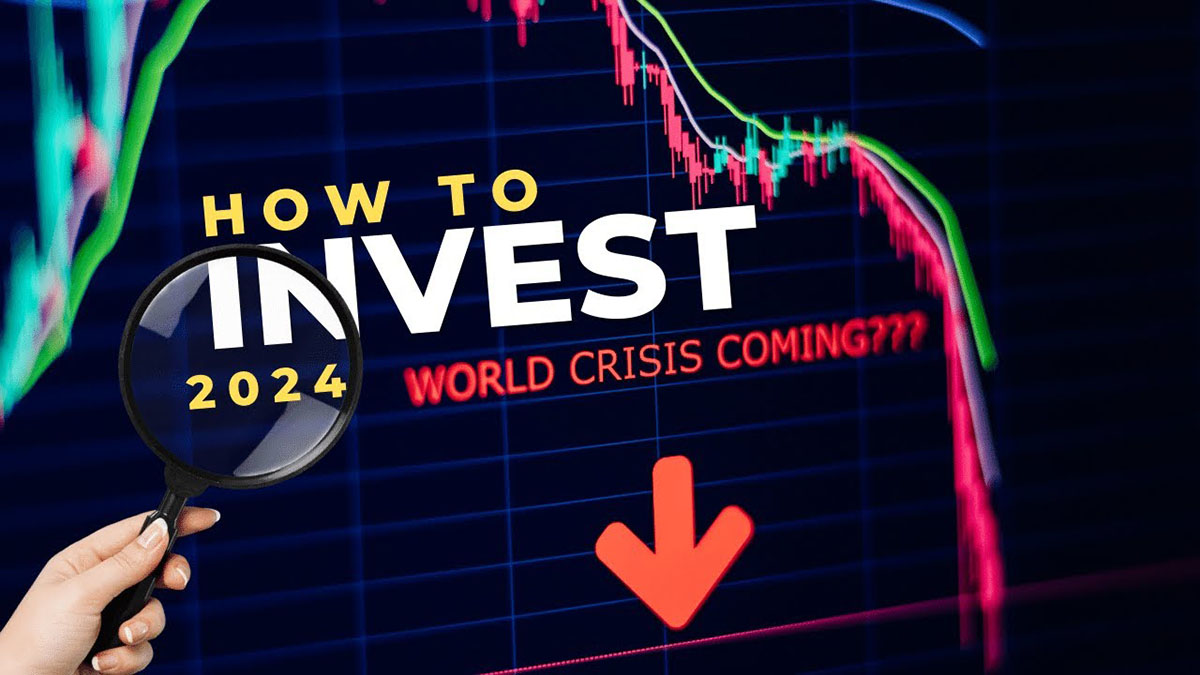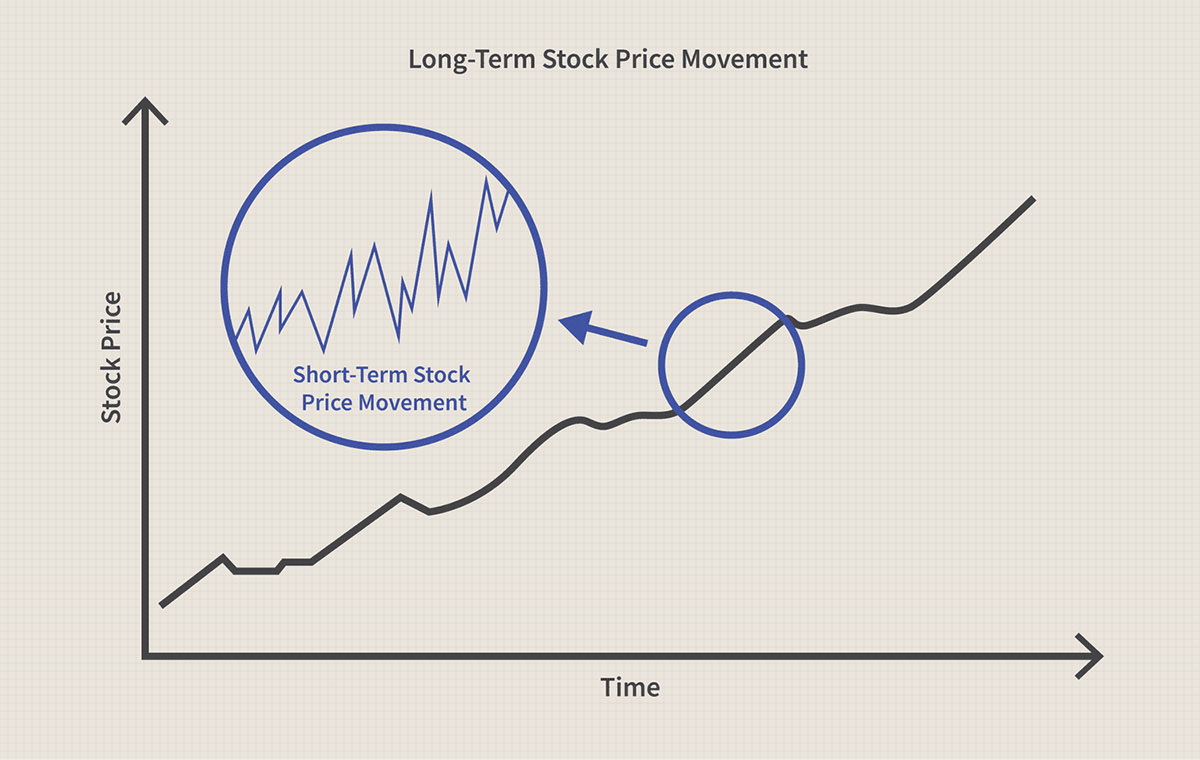Home>Finance>Herd Instinct: Definition, Stock Market Examples, & How To Avoid


Finance
Herd Instinct: Definition, Stock Market Examples, & How To Avoid
Published: December 4, 2023
Learn about the herd instinct in finance, its definition, stock market examples, and how to avoid falling victim to it.
(Many of the links in this article redirect to a specific reviewed product. Your purchase of these products through affiliate links helps to generate commission for LiveWell, at no extra cost. Learn more)
Herd Instinct: Definition, Stock Market Examples, & How to Avoid
Do you ever find yourself following the crowd, going along with popular trends, or feeling a strong urge to do what everyone else is doing? If so, you may be experiencing what is known as the “herd instinct.” In the world of finance and investing, the herd instinct can have significant implications for individuals and the overall market. In this article, we will explore the definition of herd instinct, provide examples of its impact in the stock market, and share strategies for avoiding its potentially detrimental effects.
Key Takeaways:
- The herd instinct is a psychological bias that leads individuals to mimic the behavior and actions of a larger group or society.
- It can result in irrational decision-making, speculative bubbles, and overvalued or undervalued stocks in the stock market.
In the stock market, the herd instinct often manifests in investors buying or selling stocks based on the actions of others, rather than on careful analysis of fundamental factors. This behavior can lead to market inefficiencies and potentially create speculative bubbles.
One notable example of the herd instinct in action is the dot-com bubble of the late 1990s. During this period, investors rushed to purchase shares of internet-related companies, driven by the fear of missing out on the huge gains others were reportedly making. The frenzy resulted in an unsustainable market euphoria, with many stocks becoming significantly overvalued. Ultimately, the bubble burst, causing massive losses for those who had followed the herd.
So, how can investors avoid falling prey to the negative consequences of the herd instinct? Here are a few strategies to consider:
- Independent research and analysis: Take the time to thoroughly research and analyze investment opportunities. Relying on your own due diligence rather than blindly following the crowd can help you make more informed decisions.
- Diversification: Spread your investments across various asset classes and industries. Diversification can help mitigate the risks associated with following the herd, as your portfolio becomes less vulnerable to the performance of a single stock or market segment.
- Stick to your investment plan: Develop a sound investment plan based on your financial goals and risk tolerance. By sticking to your plan, you can avoid making emotional, impulsive decisions driven by the herd instinct.
- Seek advice from professionals: Consult with a financial advisor who can provide objective guidance and help you navigate the complexities of the market. Their expertise can help counteract the influence of the herd instinct.
- Practice disciplined investing: Stay focused on your long-term investment objectives and avoid making sudden changes based on short-term market fluctuations or fads.
In conclusion, the herd instinct is a cognitive bias that can have significant implications in the stock market. However, by being aware of this phenomenon and implementing strategies to avoid its negative effects, investors can make more rational and informed decisions. Remember, investing should be based on sound analysis and careful consideration, rather than blindly following the crowd.














